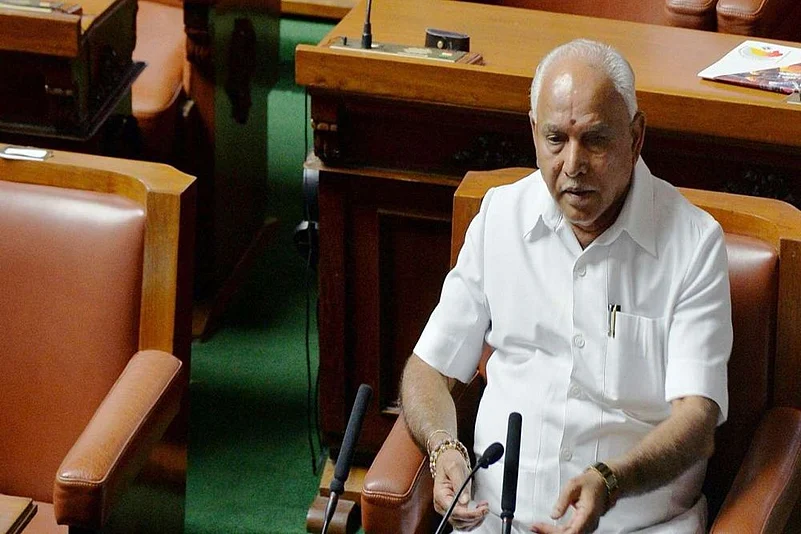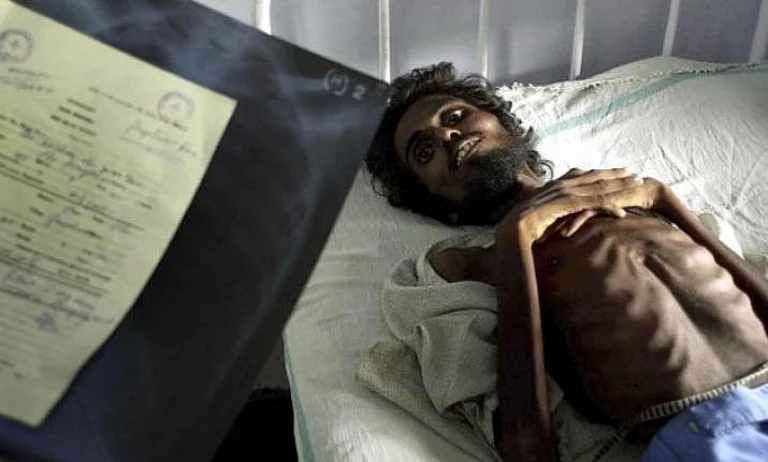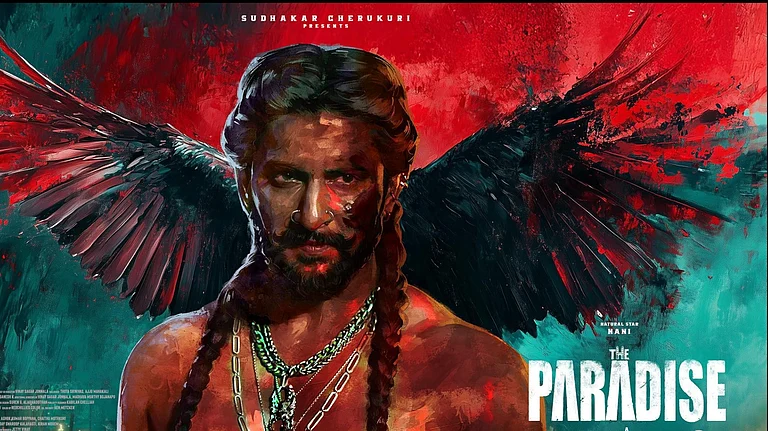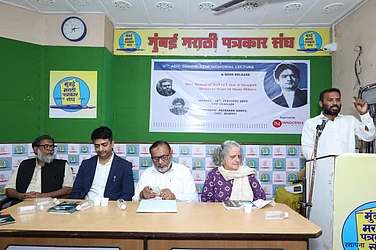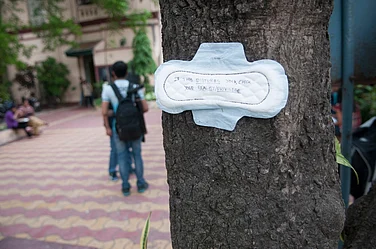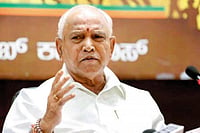The last time B S Yeddyurappa sat at the head of the Karnataka Assembly’s treasury benches, it was only for a few hours – he had been sworn in as Chief Minister on May 17, 2018 and two days later the Assembly convened for a floor test that never happened. Without enough numbers, Yeddyurappa resigned and walked away.
The tables have turned and the 76-year-old BJP strongman from Karnataka has taken oath as the Chief Minister - for the fourth time in his political career. Yet again, however, hazy weather conditions persist.
In November 2007, when he first became the Chief Minister in a coalition with H D Kumarawamy’s Janata Dal (Secular), there was no certainty he would get their support. He didn’t, and resigned a week later. But that ‘betrayal’ only helped Yeddyurappa cement his position as a Lingayat leader. With the community’s backing, he led the BJP to its best seat tally of 110 seats in Karnataka in the 2008 elections. Even then, however, the party was short of a majority by three seats and had to bank on half a dozen Independents to form government.
That insecurity with numbers led the BJP to woo several opposition legislators to defect – the infamous Operation Kamala – but it came at a cost. Faction-ridden, the BJP’s first term in office was marred by infighting and an iron-ore mining scam which ensnared Yeddyurappa, forcing him to quit in 2011.
Yeddyurappa, who first became a legislator in 1983, is today the BJP’s only leader in Karnataka with a mass following. Even the BJP has had to admit that: in 2012, weighed down by the mining cases and feeling alienated in the party unit he had helped build, Yeddyurappa broke away to lead his own outfit, Karnataka Janata Party (KJP). In the 2013 state elections, KJP, with Yeddyurappa’s Lingayat support base, played the role of a spoiler handing the Congress a clear win and reducing the BJP to 40 seats in the Assembly.
Yeddyurappa was back in the BJP a year later and, with acquittals in the corruption cases, became its frontman in Karnataka again. The tensions within the BJP’s Karnataka unit never actually went away, many say.
Though every leader recognises Yeddyurappa’s political clout, there were grouses about him being a domineering manager – even a couple of years ago, there was grumbling about him favouring loyalists. But he’s also a relentless campaigner, always on the road to rally support for the party.
But, as before, some uncertainties hover ahead of Yeddyurappa’s fourth stint as Chief Minister. The BJP had gone slow on a decision, with spokesmen hinting that the party had been weighing options given the fluid situation -- on July 16, the BJP defeated a vote confidence motion brought in by H D Kumaraswamy by 105-99 votes because 20 legislators had remained absent.
The fate of the Congress-JD(S) rebels who brought their coalition government down isn’t clear yet – the Speaker on Thursday disqualified three MLAs and a decision on the rest is still pending. Yeddyurappa has to now face a floor test to prove majority.
“As instructed by our national president Shri Amit Shah ji and working president JP Nadda ji, I have met his Excellency Governor of Karnataka to stake claim to form government,” he tweeted on Friday.
“Karnataka assembly has become an experimental lab for the Karnataka BJP,” tweeted Congress leader Siddaramaiah, arguing that the BJP was still short of a majority in the 224-member House.
The road ahead will likely lead to bye-elections, most observers reckon. Until then, the uncertainty in Karnataka politics will linger.






